
Transcription
INDIVIDUAL FREEDOM
IN THE HOME OF THE BRAVE
by Timothy J. Muise
ESSAY FOR THE C.L.E.P. PROGRAM
Blood stains the field at Gettysburg. The blood of free men who sought to bind or unbind a class of human being. The individual freedom of the African American, not the race but the individual, were at the heart of the battle. All men, singular, are created equal. They do not become equal—they are created that way.
In the 1860s some felt the rights of the plantation owner should outweigh some view of individual freedom. The economy depends on the slave. The good of the nation depends on the cheap or free labor. To have a prosperous state, some have to suffer. Some individuals, not the import of the whole cannot be negated. This philosophy seems so draconian now. It is almost unpalatable. But many held the view that some individuals were less than others.
A young girl is raped in a dark alley off of Washington Street in Boston. It is a brutal and life-changing experience. As a result of this tragedy, she becomes pregnant. She is horrified, young, hurt, and pregnant with a rapist's baby. She no longer wants to live. The thought of raising her attacker's baby is a nightmare to her. What choice does she have? She finds a caring soul, this woman, and tells her that she has no choice. She can exercise her individual freedom and choose not to have her rapist's baby. These are the times that try a young girl's soul.
The abortion clinic is on a main street in Boston. Right out in the public's eye. As she approaches the building, a Catholic nun tells her that all life is sacred. She hands her a flyer which speaks of how her unborn child could be the next U.S. president, the next Mother Theresa, or even the second coming of Jesus Christ. The nun prays over her, with all the fervor she can muster, truly believing that even a rapist's baby is holy and sacred. In her heart, she has the deep conviction that the sanctity of life far outweighs the individual freedom to choose: to choose death.
Guards line up in the hallway of the block. As the young prisoner walks towards the sallyport, they jump on him. They kick him with their jackboots. They spray him with their pepper spray. One young guard, about the same age as the prisoner, pushes his cohorts off him. He tells them, "He has had enough!" His supervising sergeant screams, "These guys are all scumbags!" The young guard replies, "He is a human being. I will not be a part of this." When the investigation is conducted, the young guard tells the uncaring detective, "This kid did not lose his personal rights when he came to prison." The detective seems unimpressed.
At the final inquiry board into the beating, the captain concludes that this inmate was part of a greater criminal element and had no rights. He was not concerned about rights when he was selling cocaine. The use of force in this situation was justified as our job is to protect the greater good of the public at large. This is the heart of public safety protection. We cannot concern ourselves with a few individual beatings.
The prisoner seeks to change his life. He accepts his past has been dark and less than productive. He also realizes, through the grace of God, that his past does not have to be his future. He fights for his rights in prison. He wants an education. HE desires a better understanding of the world. He feels a need to search for God as some stirring tellings him he (or she) indeed exists. This is his personal and individual right as a member of the human race. He did not leave these rights at the prison gate. Self-realization is the definition of rehabilitation, at least the quest for it is, and he will not be denied. Death before dishonor.
The bomb was dropped just outside of Boston. Its devastation spanned 35 square miles. President Romney said more bombs had gone off in Chicago, Philadelphia, and Los Angeles. He gave all state governors the powers of Marshall Law. Governor Coakley issued the executive order: execute ALL prisoners in the custody of the state. We cannot supervise them during this war and further cannot protect the public from the crimes they may commit if they are released or escape. The cyanide pallets smelled of almonds. Almost pleasant. Sleep came quickly. I woke up with Saint Peter and Governor Coakley was not there!
You tell me: are the needs of the few or the individual trumped by the needs of the many? If you think so, you had better prepare for the bomb!
[signature]
Timothy J. Muise
MCI Shirley
P.O. Box 1218
Shirley, MA
01464-1218
"If you want to see the scum of the earth and
the dregs of humanity, go down to your local prison
and watch the changing of the guard."
—Samuel Clemons (Mark Twain)
Other posts by this author
|
2017 jun 24

|
2017 jun 24
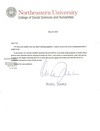
|
2017 jun 24
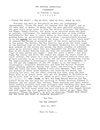
|
2017 jun 24
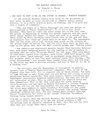
|
2017 jun 18
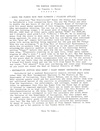
|
2017 jun 15
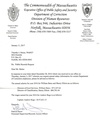
|
More... |
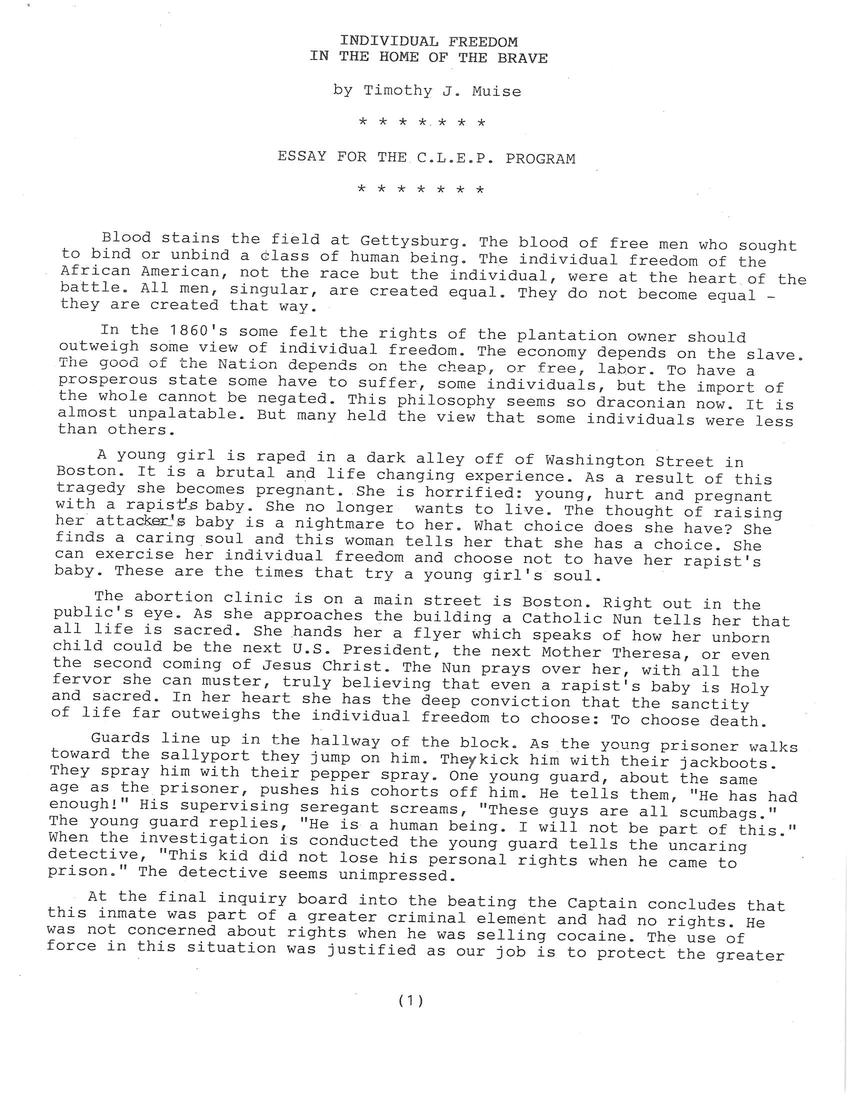
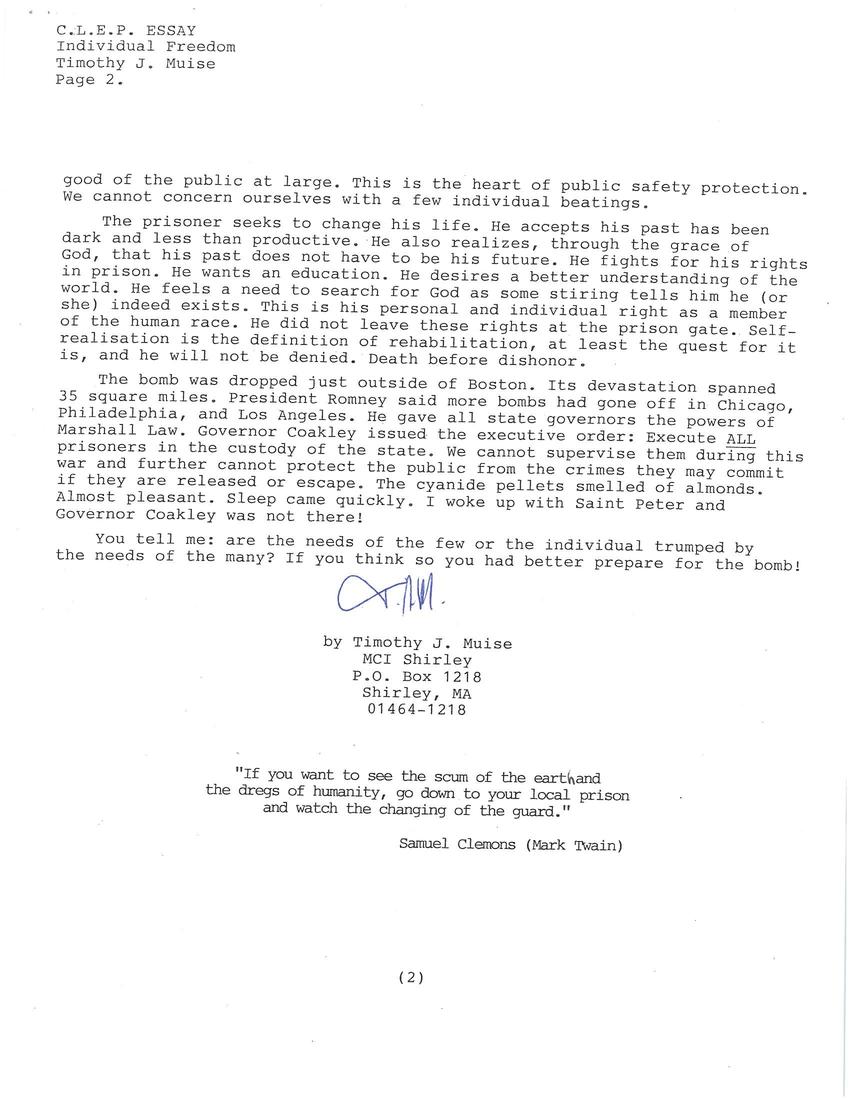

Replies